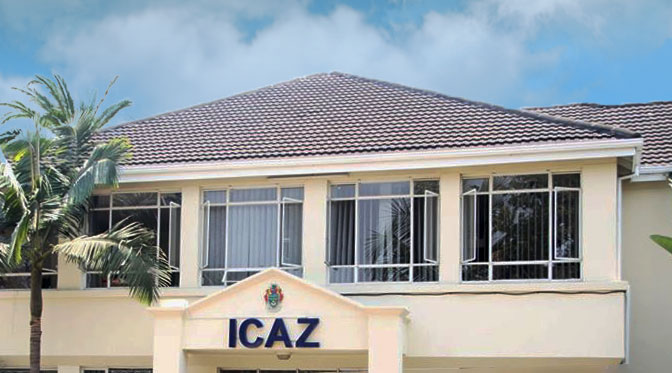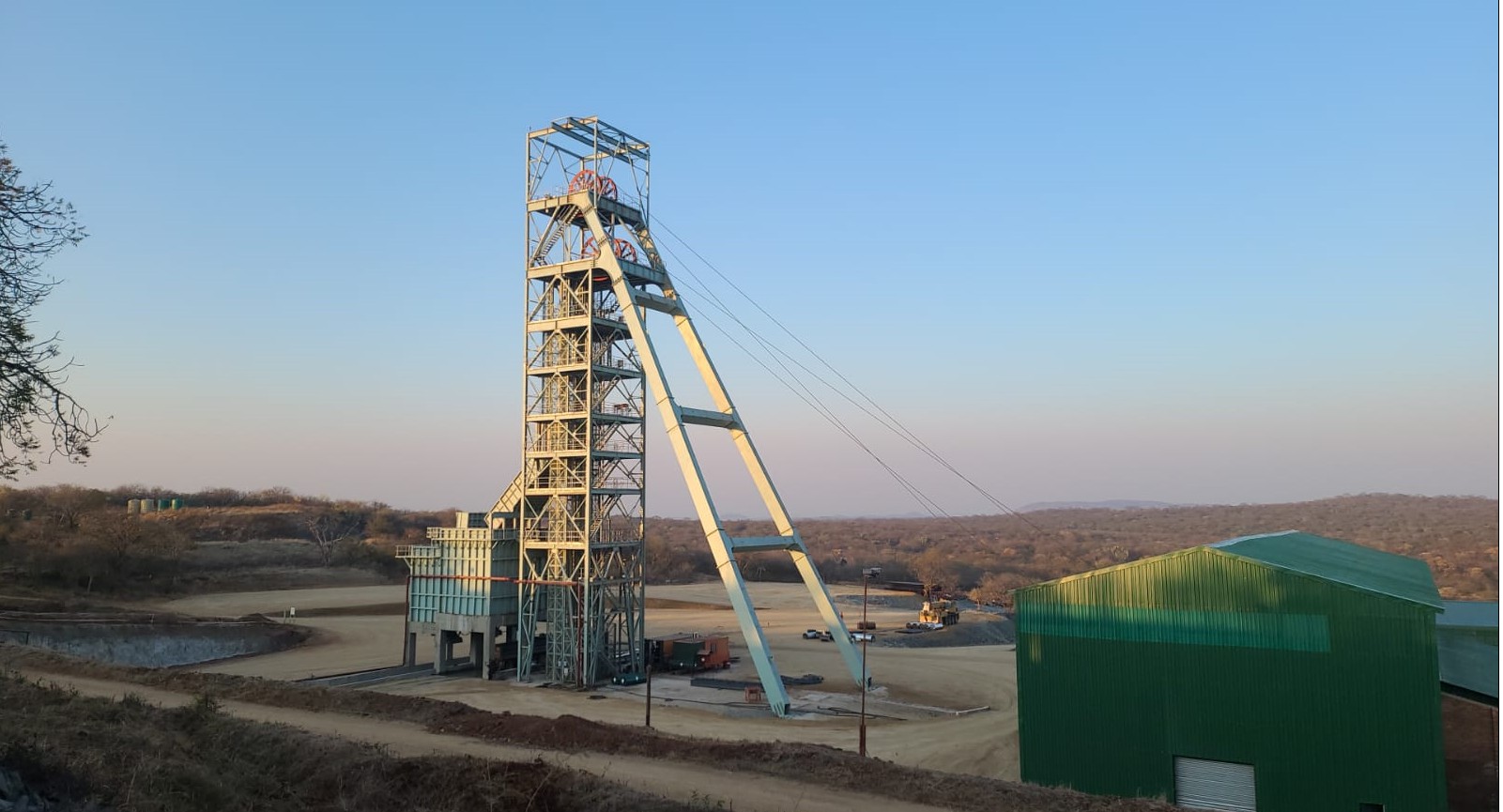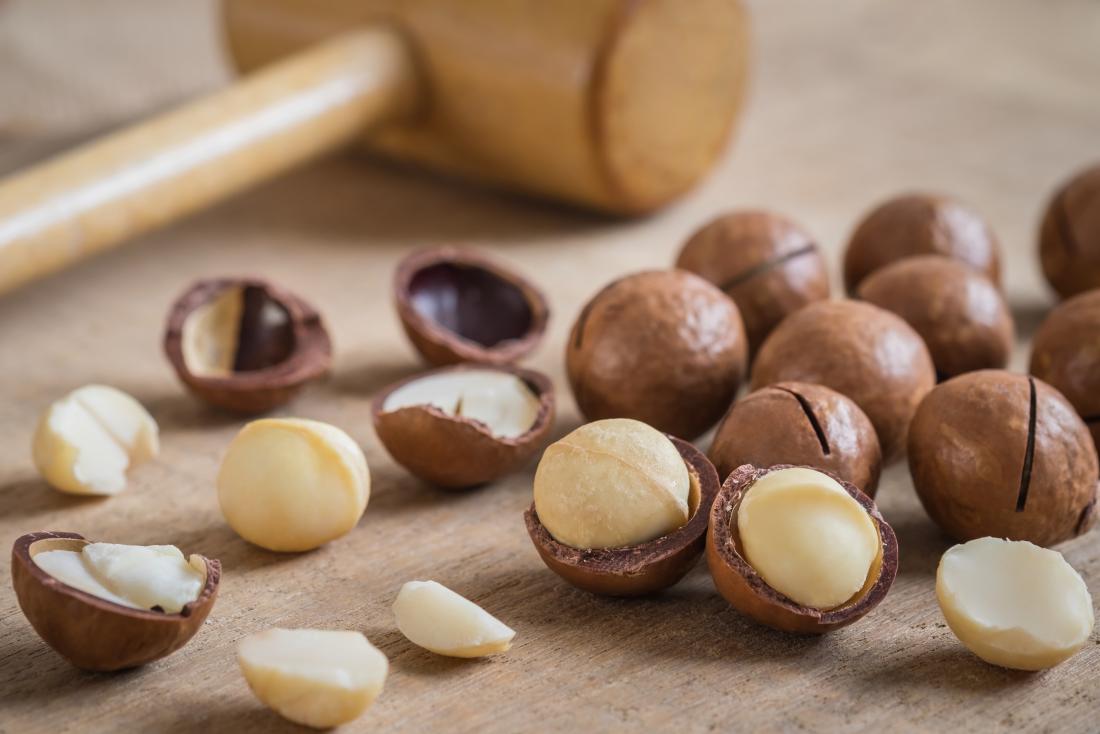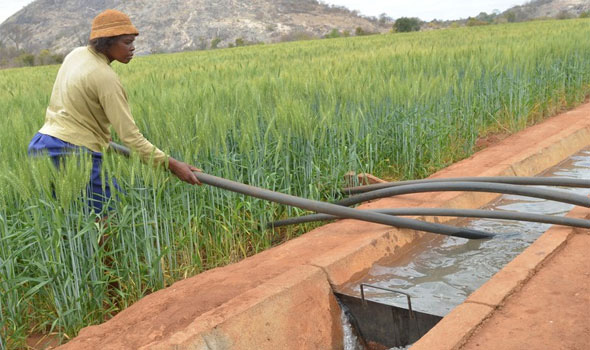Tobacco deliveries surpass projected target
A TOTAL of 205,9 million kilogrammes of tobacco worth US$574,8 million have been delivered for auction, surpassing this year’s projection of 200 million kg by 2,95 percent, official data show.
The 2021 tobacco marketing season officially closed on July 14 and last year the country produced a total of 184 million kg of the golden leaf.
According to data released by the Tobacco Industry and Marketing Board (TIMB) last Friday, this year’s output was 13,4 percent above last year’s when US$454,3 million was realised.
This year’s crop averaged US$2,79 per kg compared to US$2,5 last year. The bulk of the crop so far delivered has come through a contract arrangement where 193,4 million kg have been delivered valued at US$539,8 million while US$35 million came through 12,5 million kg delivered under the auction system.
The average price for the crop delivered through the auction arrangement was US$2,80 per kg compared to US$2,79 per kg under the contract system.
During the 2021 selling season, the quality of the crop and yield have been quite good on the back of above normal rainfall the country received in the previous rain season.
The golden leaf is one of Zimbabwe’s major foreign currency earners as the country exports the crop to over 60 countries around the world.
Arab Emirates, South Africa, Indonesia and Belgium. The country also exports its fluecured tobacco to Zambia, Malawi, Kenya, Botswana, Turkey, United Kingdom, Paraguay, Uruguay, Brazil, United States of America, Germany, Finland and Australia, among others.
Meanwhile, the Reserve Bank of Zimbabwe (RBZ) has announced that it is working on modalities to disburse a US$60 million tobacco facility this year after the Government decided to start funding production of the crop using local resources.
The Tobacco Production Localisation Revolving Fund is meant to support growers during the upcoming season with a yield potential of 60 million kg expected from the initial investment.
This will help sustain the auction system that has almost collapsed as the majority of farmers are now being funded by private investors. — chronicle.cl.zw










